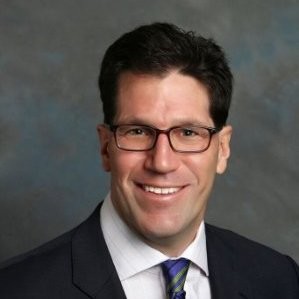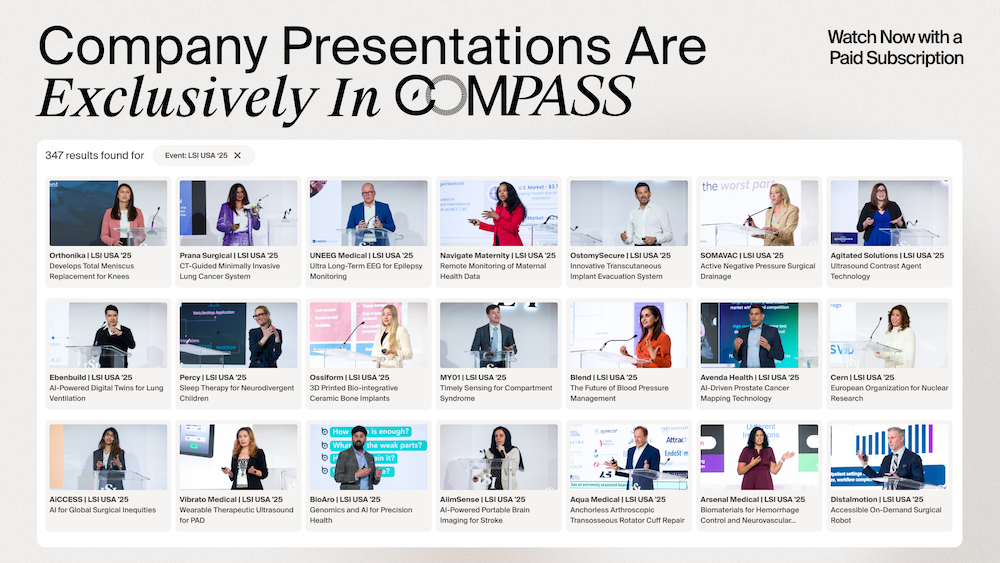- Video Library
- Keith Warner, Neuralace Medical - Noninvasive Magnetic Pulse Technology | LSI USA '24
Keith Warner, Neuralace Medical - Noninvasive Magnetic Pulse Technology | LSI USA '24
shaping the future of
Medtech at LSI USA ‘26
Waldorf Astoria, Monarch Beach

Keith Warner
With over 25 years of senior level experience in the life sciences and medical technology sectors, I am a proven leader with expertise in strategy development and implementation, corporate growth, and turnaround. I have held key executive positions with leading large cap and venture stage startups, driving outstanding financial performance, product development, investor fundraising, capital restructuring, and strategic planning.
Currently, I am the CEO and Board member at NeuraLace Medical, a company that develops non-invasive and non-opioid solutions for chronic pain management. In this role, I leverage my extensive background in P&L management, market positioning, and organization building to achieve near and long term milestones in both domestic and international settings. I have a passion for delivering innovative and impactful medical devices that improve the quality of life for patients and healthcare providers.
Keith Warner
With over 25 years of senior level experience in the life sciences and medical technology sectors, I am a proven leader with expertise in strategy development and implementation, corporate growth, and turnaround. I have held key executive positions with leading large cap and venture stage startups, driving outstanding financial performance, product development, investor fundraising, capital restructuring, and strategic planning.
Currently, I am the CEO and Board member at NeuraLace Medical, a company that develops non-invasive and non-opioid solutions for chronic pain management. In this role, I leverage my extensive background in P&L management, market positioning, and organization building to achieve near and long term milestones in both domestic and international settings. I have a passion for delivering innovative and impactful medical devices that improve the quality of life for patients and healthcare providers.

17011 Beach Blvd, Suite 500 Huntington Beach, CA 92647
714-847-3540© 2026 Life Science Intelligence, Inc., All Rights Reserved. | Privacy Policy







